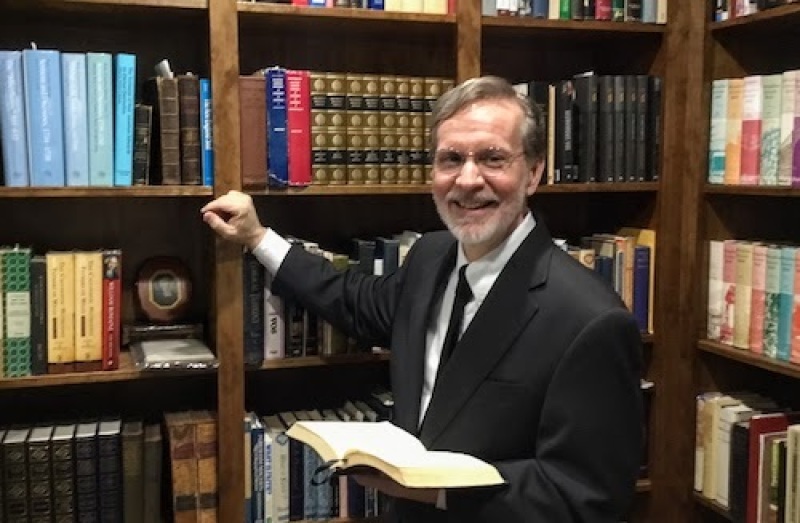
A Presbyterian pastor in Florida criticized the contemporary style of Christian worship, saying that it does not give God the "reverence and awe" that He deserves during church services.
In his speech, titled "Reformed Doxology: Worship According to Scripture," during the Gospel Reformation Network conference last week, David McWilliams, discussed about the importance of "scriptural worship" which truly honors God. McWilliams is the senior pastor of Covenant Presbyterian Church in Lakeland.
Citing Hebrews 12:18-29, the pastor pointed out that God should be worshiped "with reverence and awe."
"We long for a Holy Spirit-induced relish for the truth, a delight in the triune God, a heart moved promptly and sincerely by God's glory in our private and public worship," McWilliams said, captured by The Christian Post (CP).
He further stated that casual attitudes, carnality, some kinds of music and vocabulary hinder the appropriate way of worshipping God.
"For example, who can think that a service peppered with salsa rhythms will lead the congregation to worship God in reverence and awe? Or rock music. Will sentimental tunes or music that remind one of night clubs lead us to reverence and awe?" the pastor continued.
"Therefore, certain forms of music, attitudes, and actions are immediately excluded from worship by the one principle that we are to worship our God in reverence and awe," he added.
He also declared that true worship should not include "smokescreens," "movie clips" or "changing the color of lights."
McWilliams said that it is wrong "to accommodate cultural trends" in worship since it "misrepresents God," "devalues church culture," "harms discipleship," and "does not mature believers."
The pastor stressed the relevance of Psalter and traditional hymns over contemporary songs, stating that the latter "may say 'God is awesome'" but "hymns tell us why God is awesome."
"Setting aside the Psalters and hymnbooks is just not wise. It does not lead to maturity. It also cuts God's people adrift from church history. Grounding worship in culture, cultural trends, cannot give people a sense of the long and steady growth that is behind the worship of God," he explained.
The minister feared that the youth, "fed" with contemporary Christian worship and music, were "not rooted in scriptural worship" and not ready to face challenging times.
"What is often the drivel they have, song in worship in times of great need will let them down and let them down hard," he further said.
Keith Getty, an Irish Christian singer and writer of the song "In Christ Alone," also warned against the danger of modern worship movement, saying that it causes the "de-Christianizing of God's people."
In his 2019 interview with CP, Getty stated that many of the modern worship songs are focused on emotionalism rather than sound doctrine and Scriptural truths. He added that only less than 5% of these songs talk about eternity.
Even Charles Wesley, a famous minister and hymn writer of the 18th century, addressed the issue of contemporary Christian music in his own composition. In the song, "Jesus, Thou Soul of All Our Joys," Wesley urged to "watch against the power of sound" lest it would "bewitch and steal" the Christians' hearts away from the Lord.
























